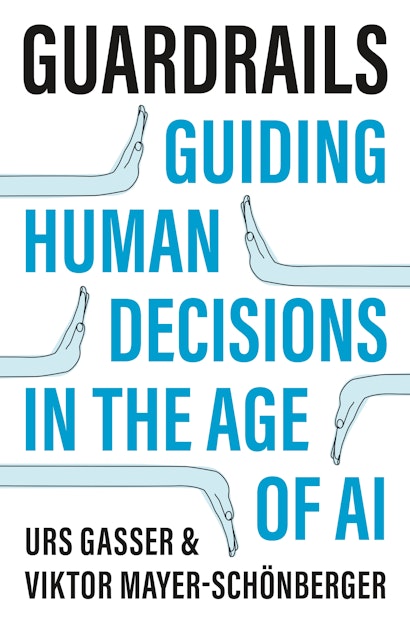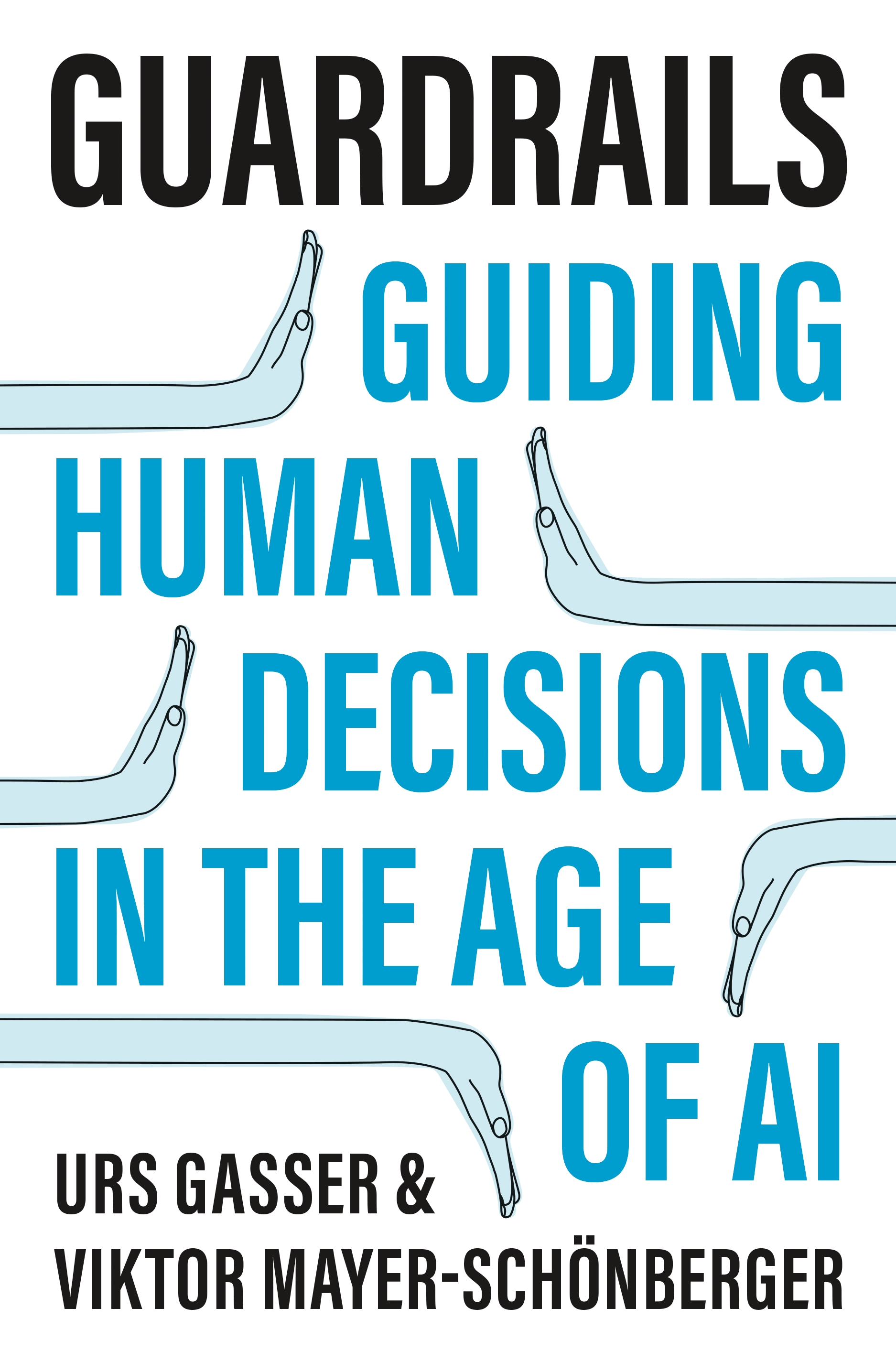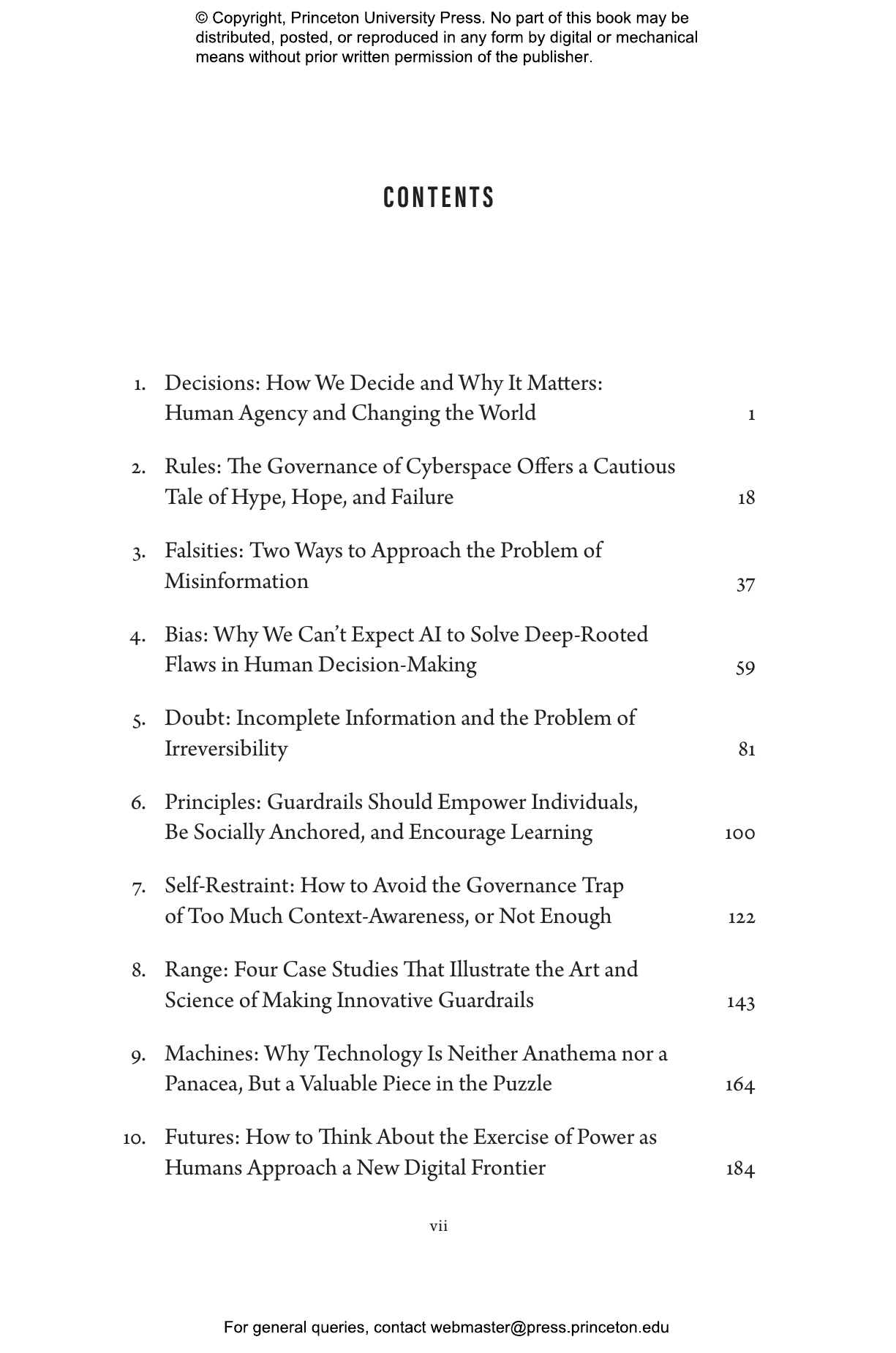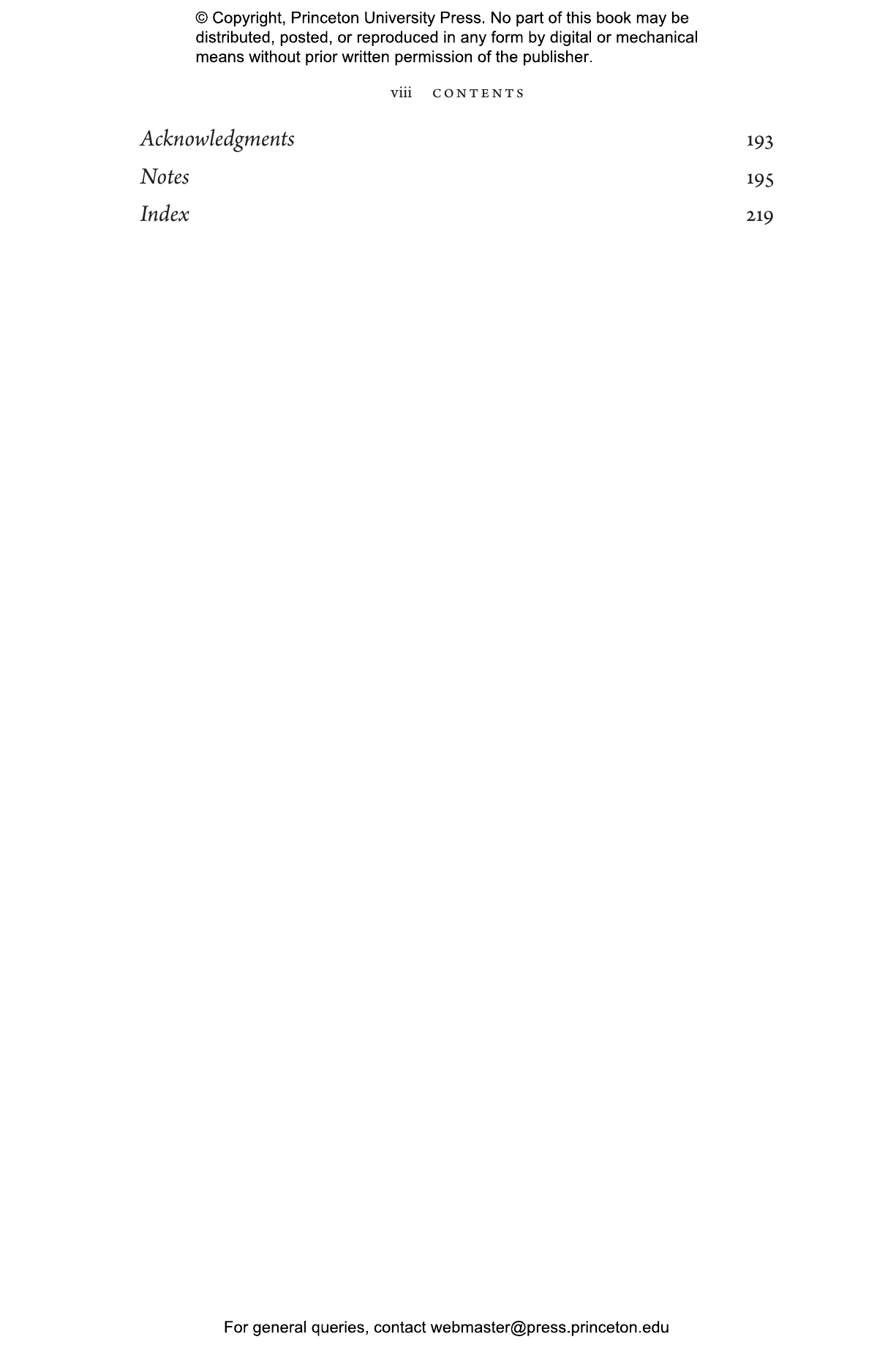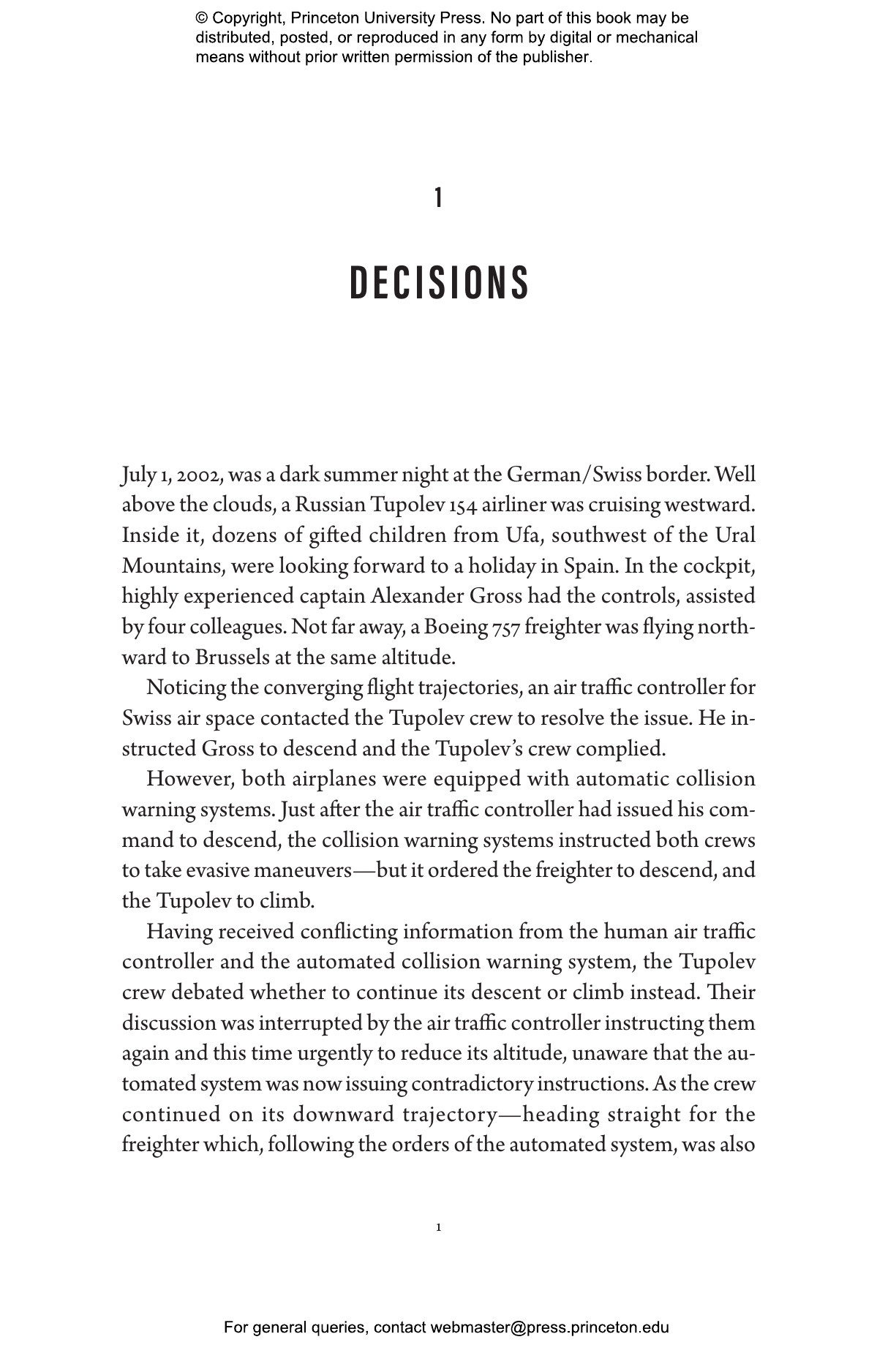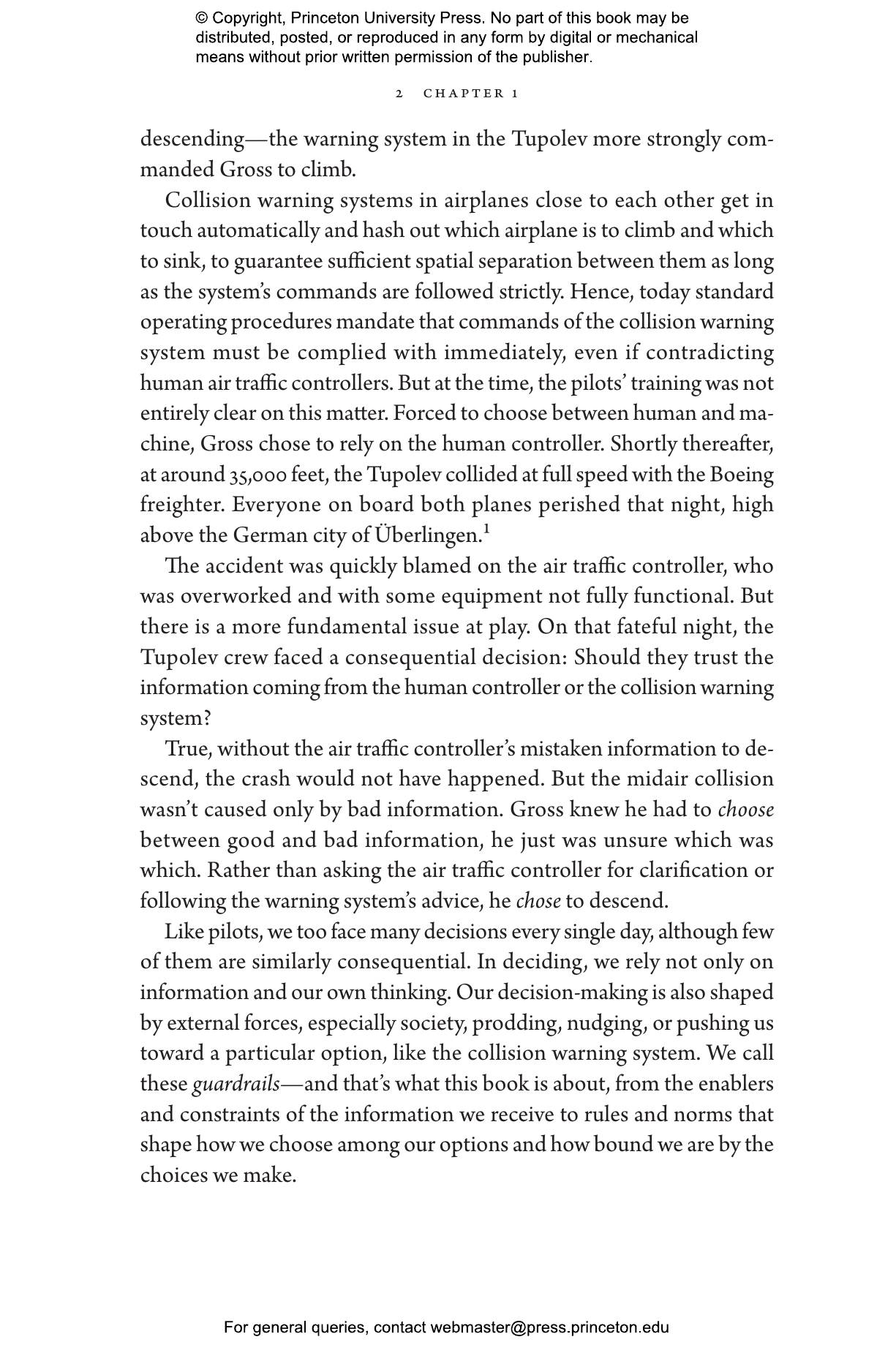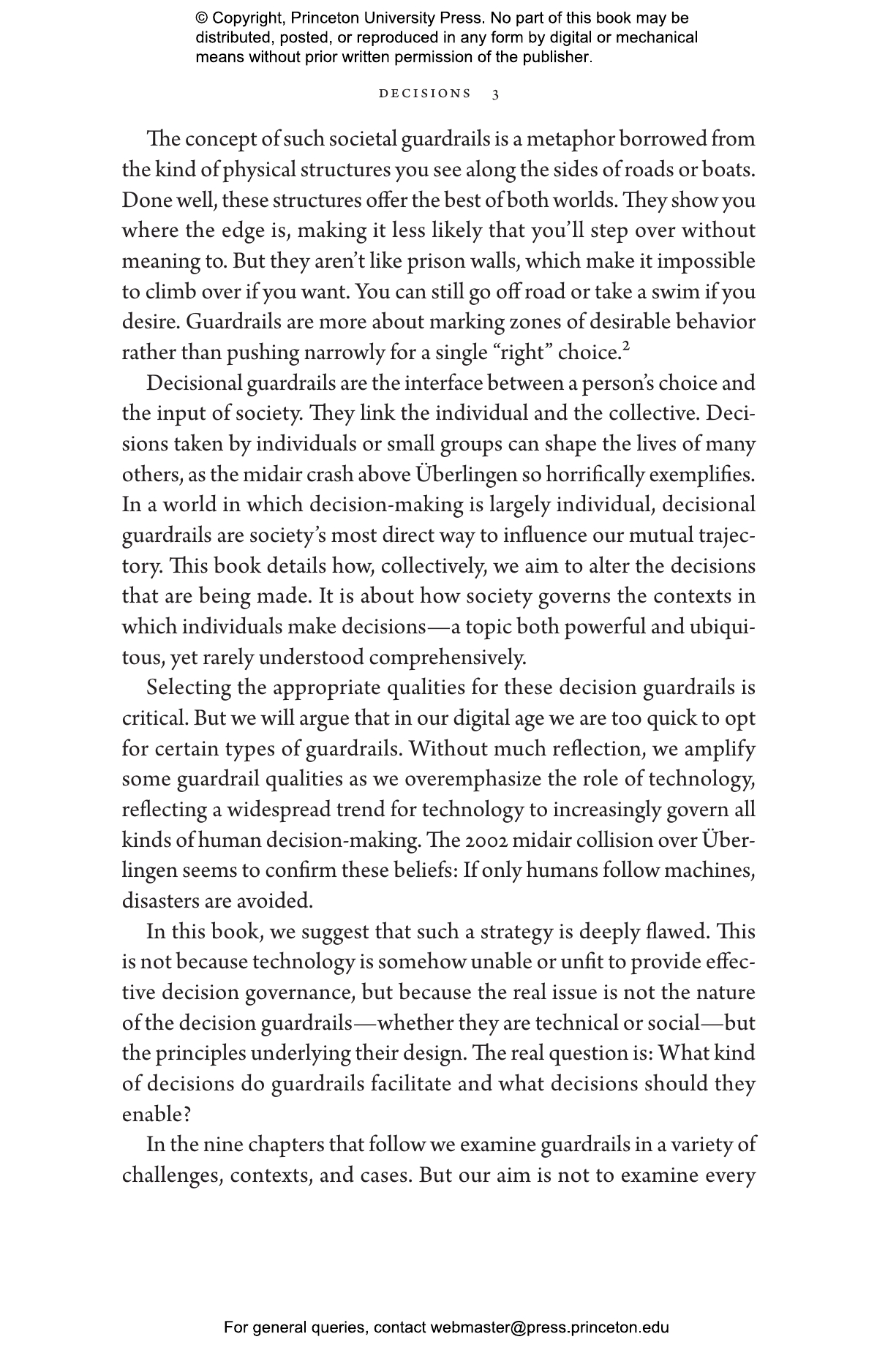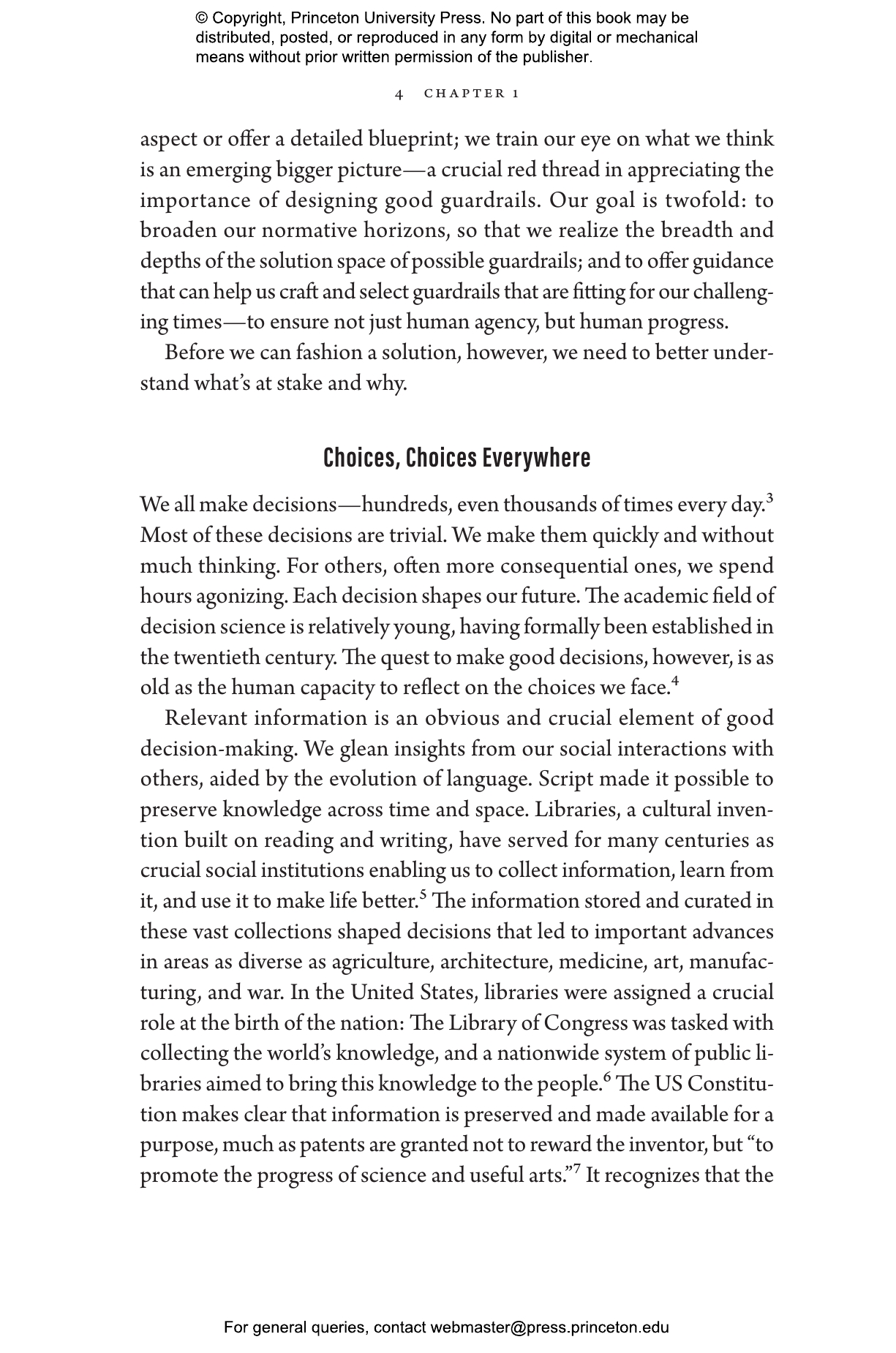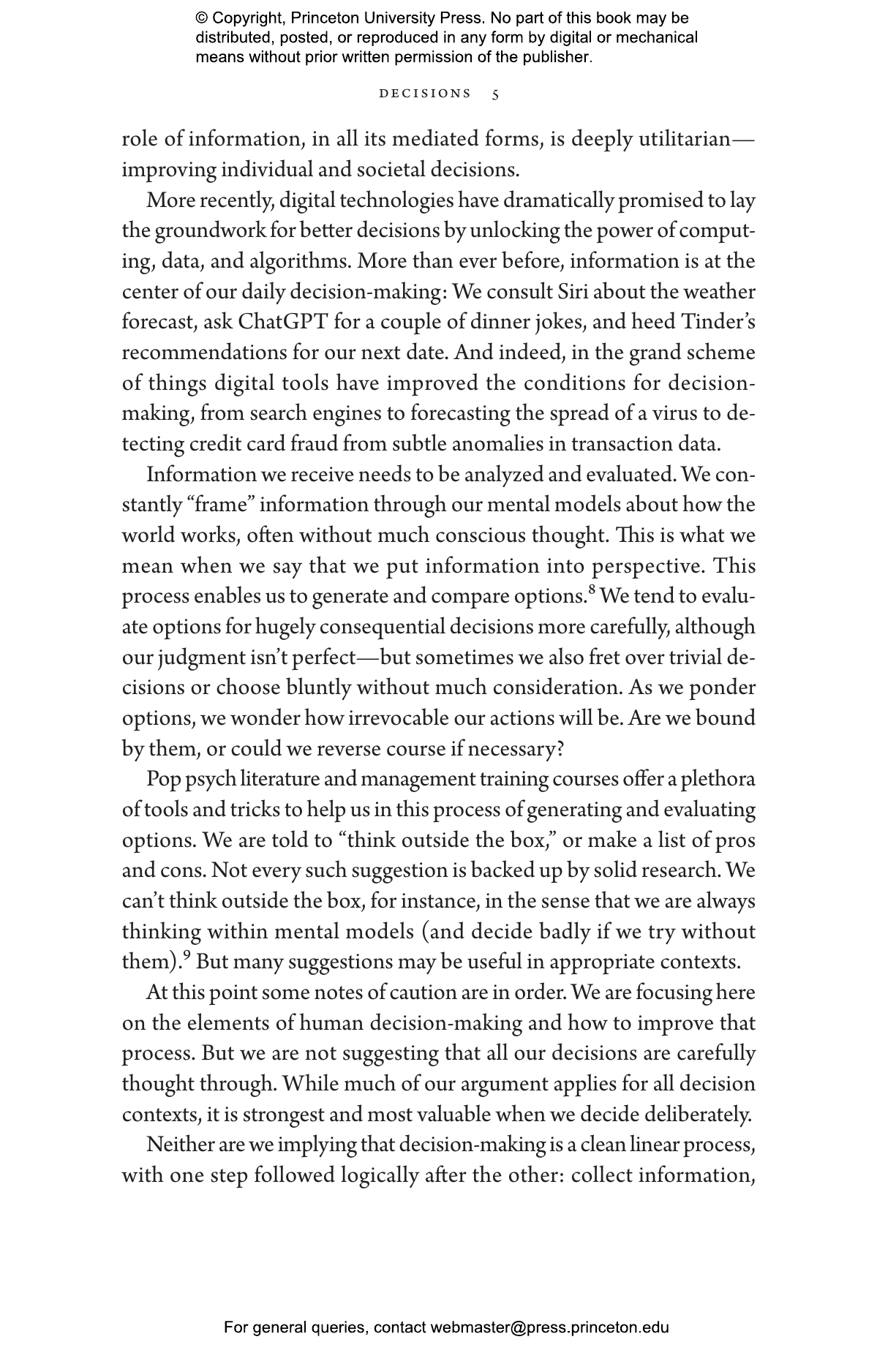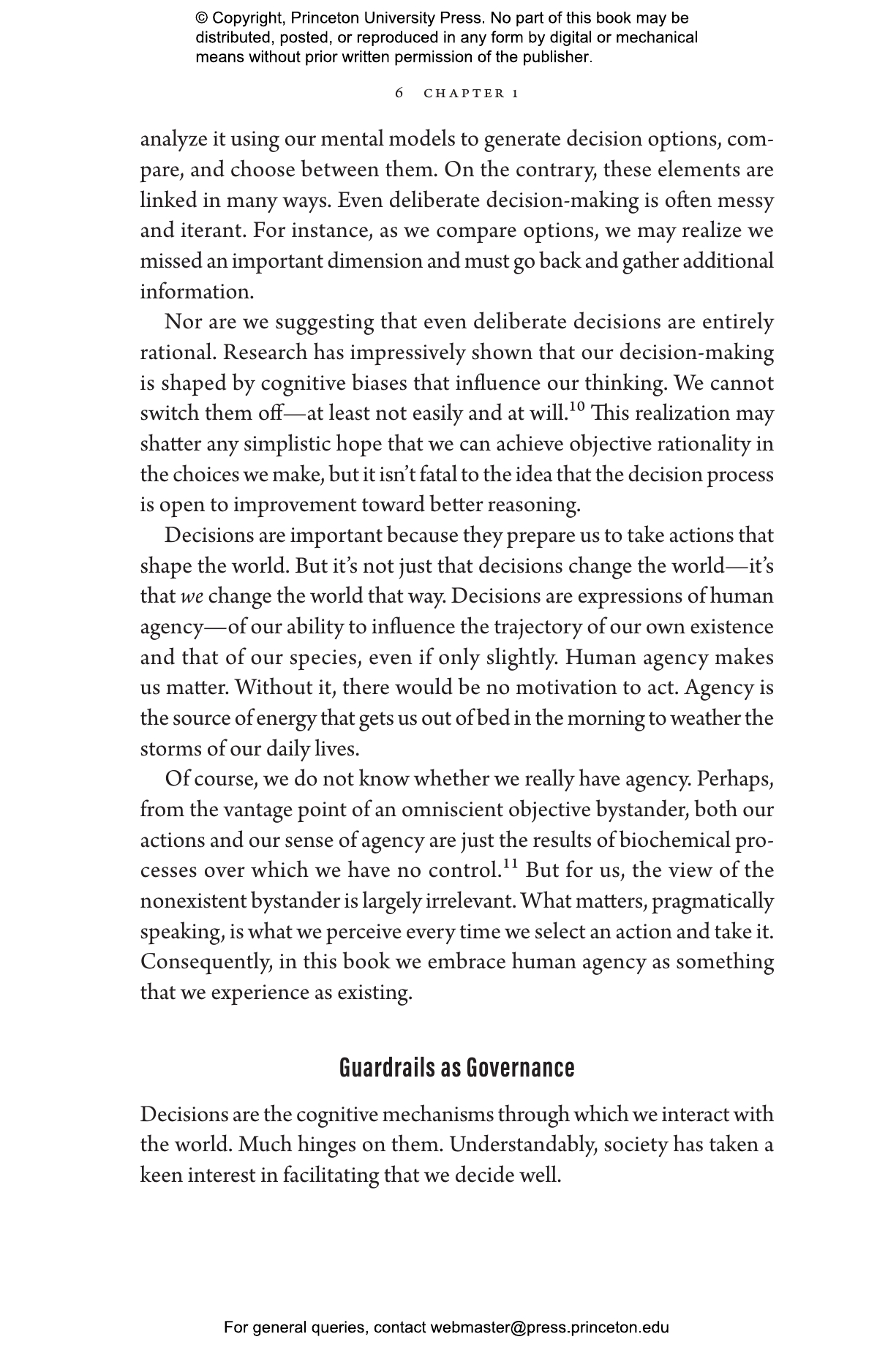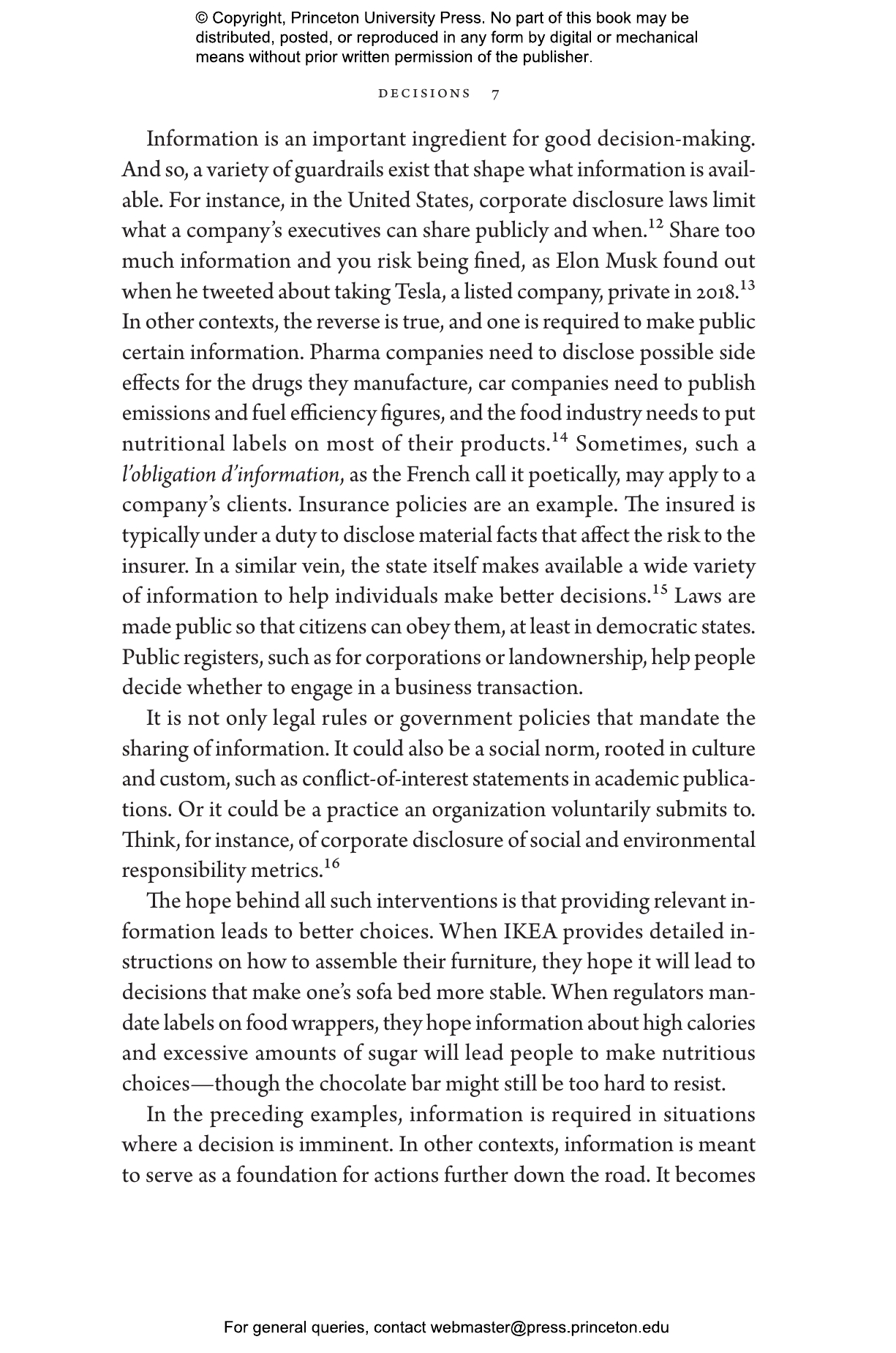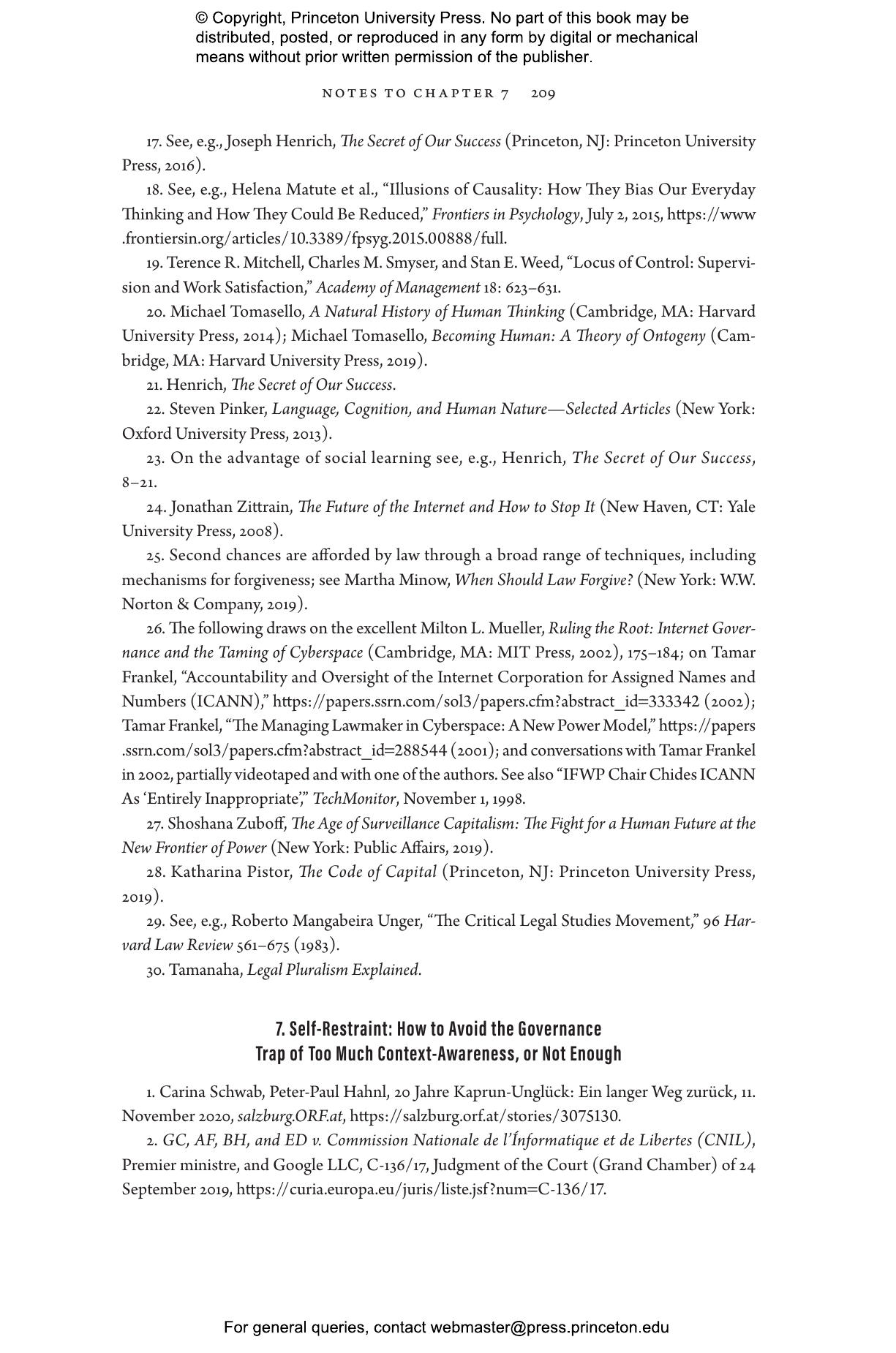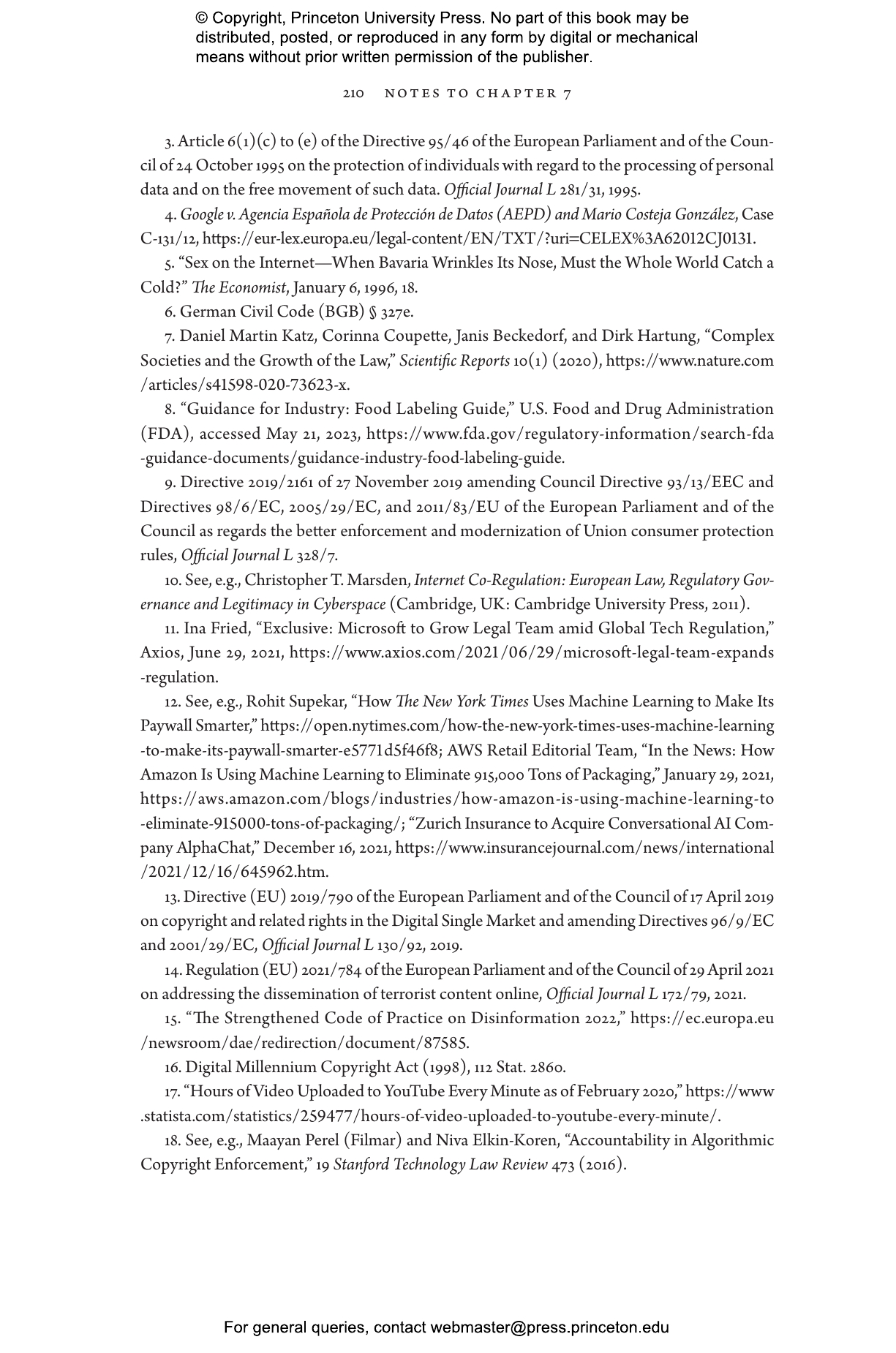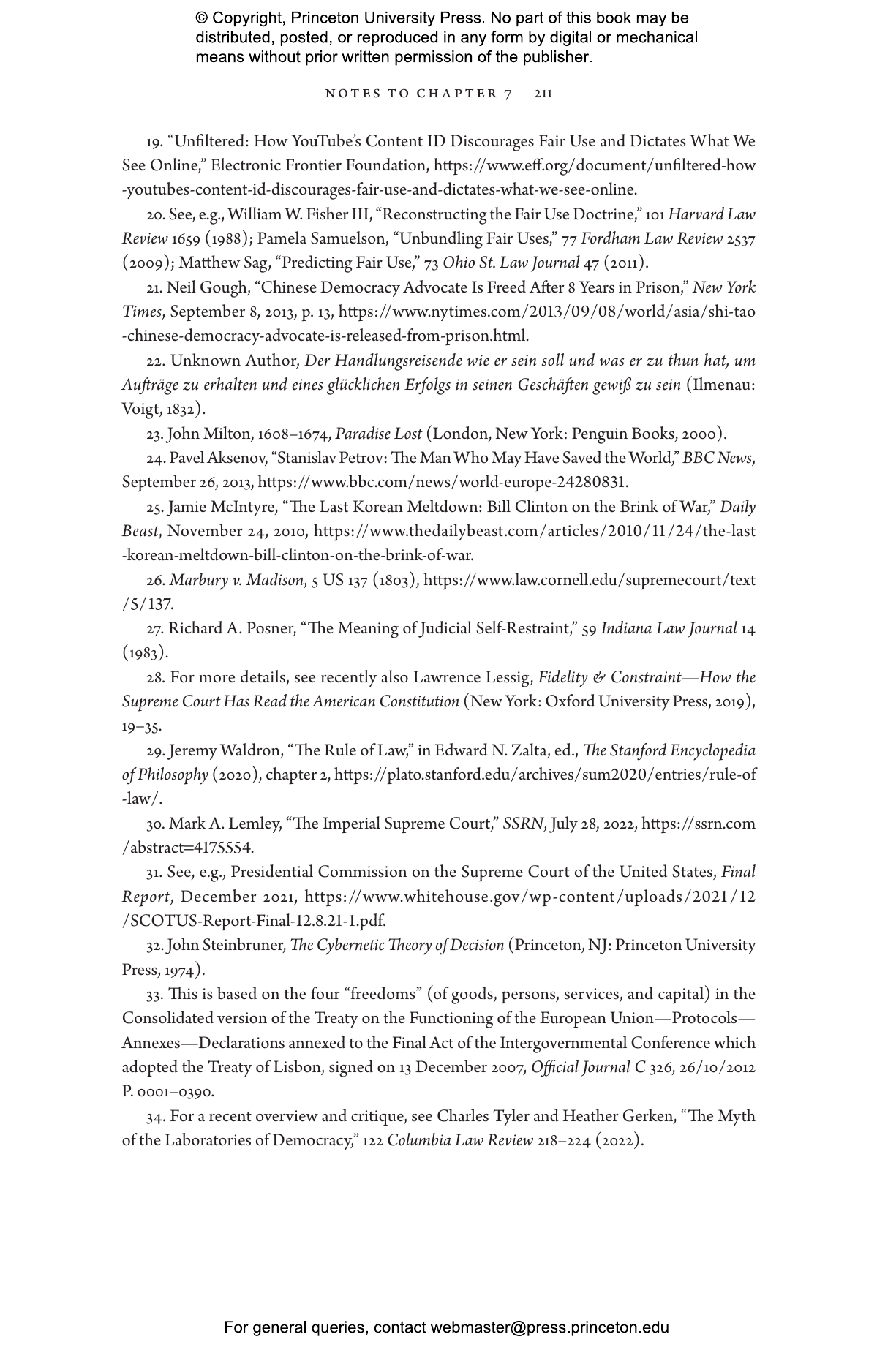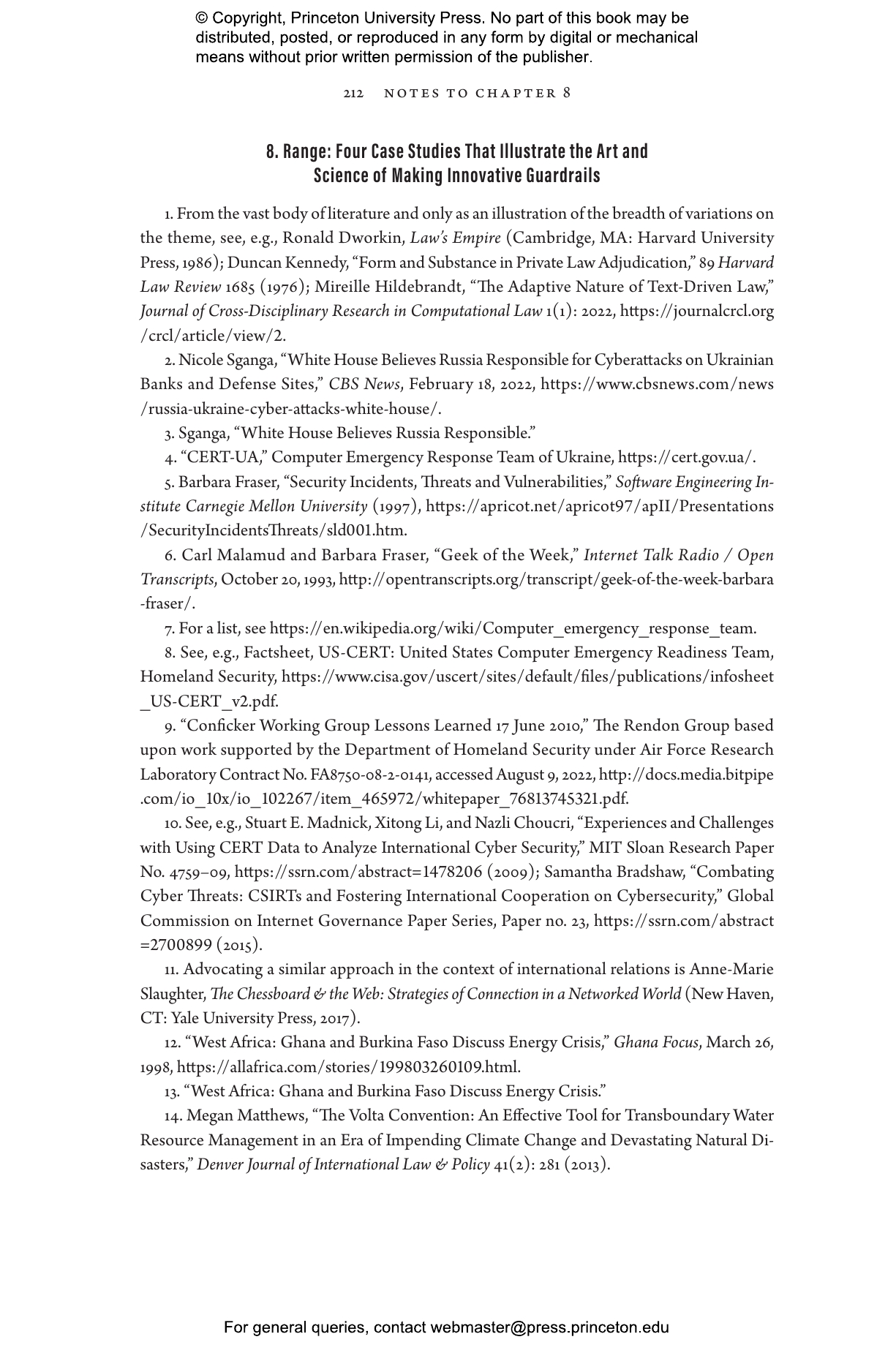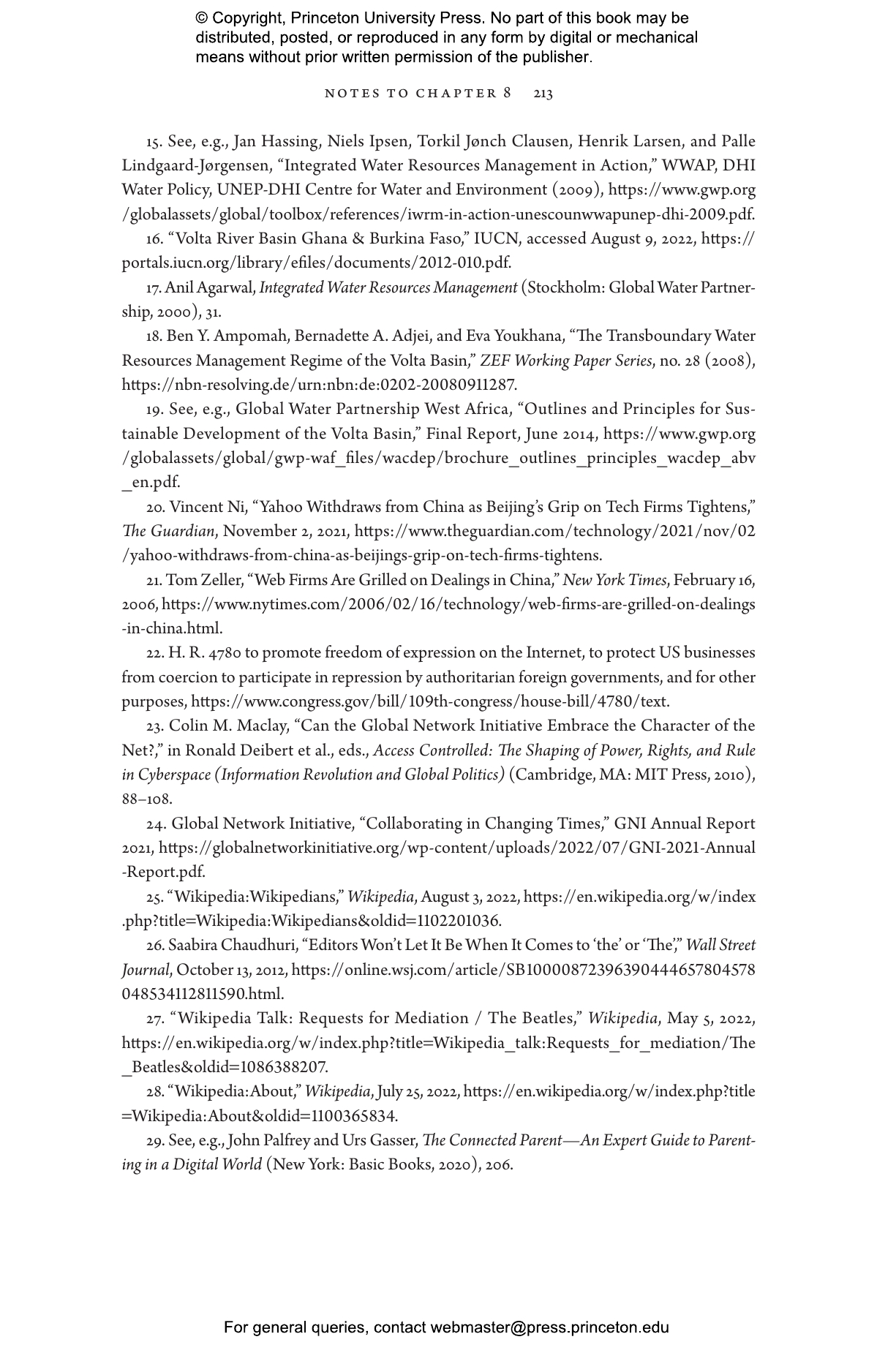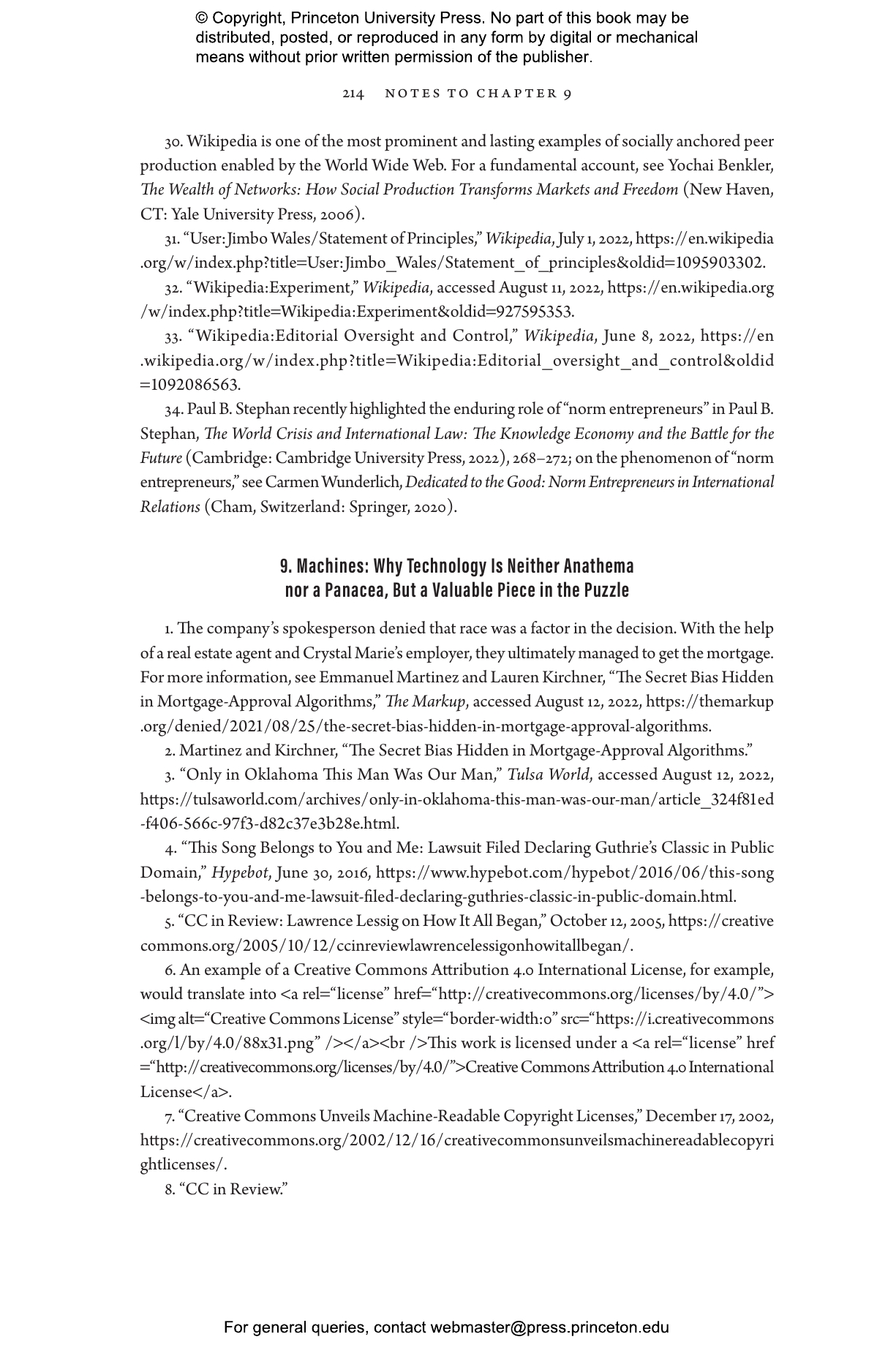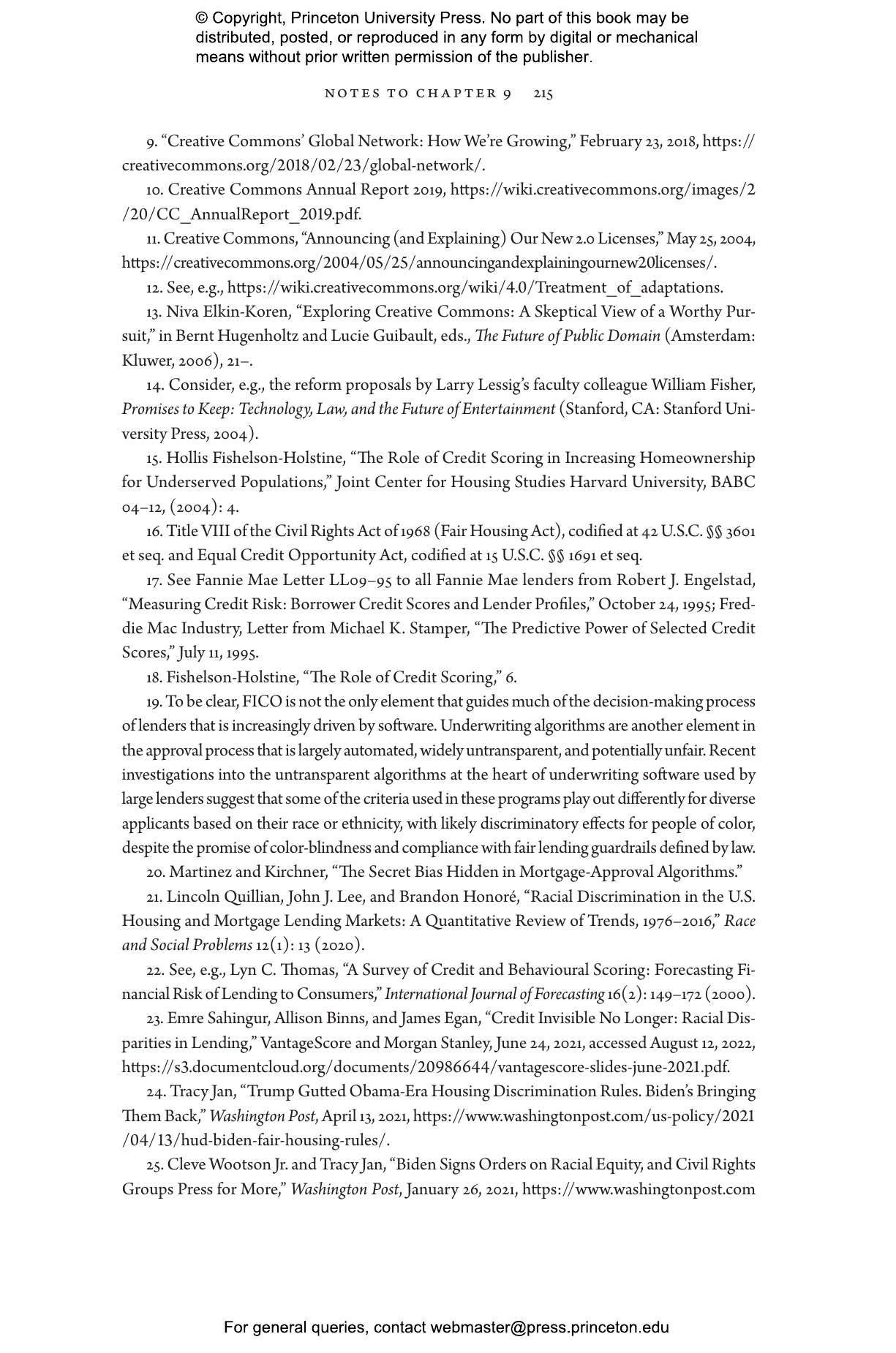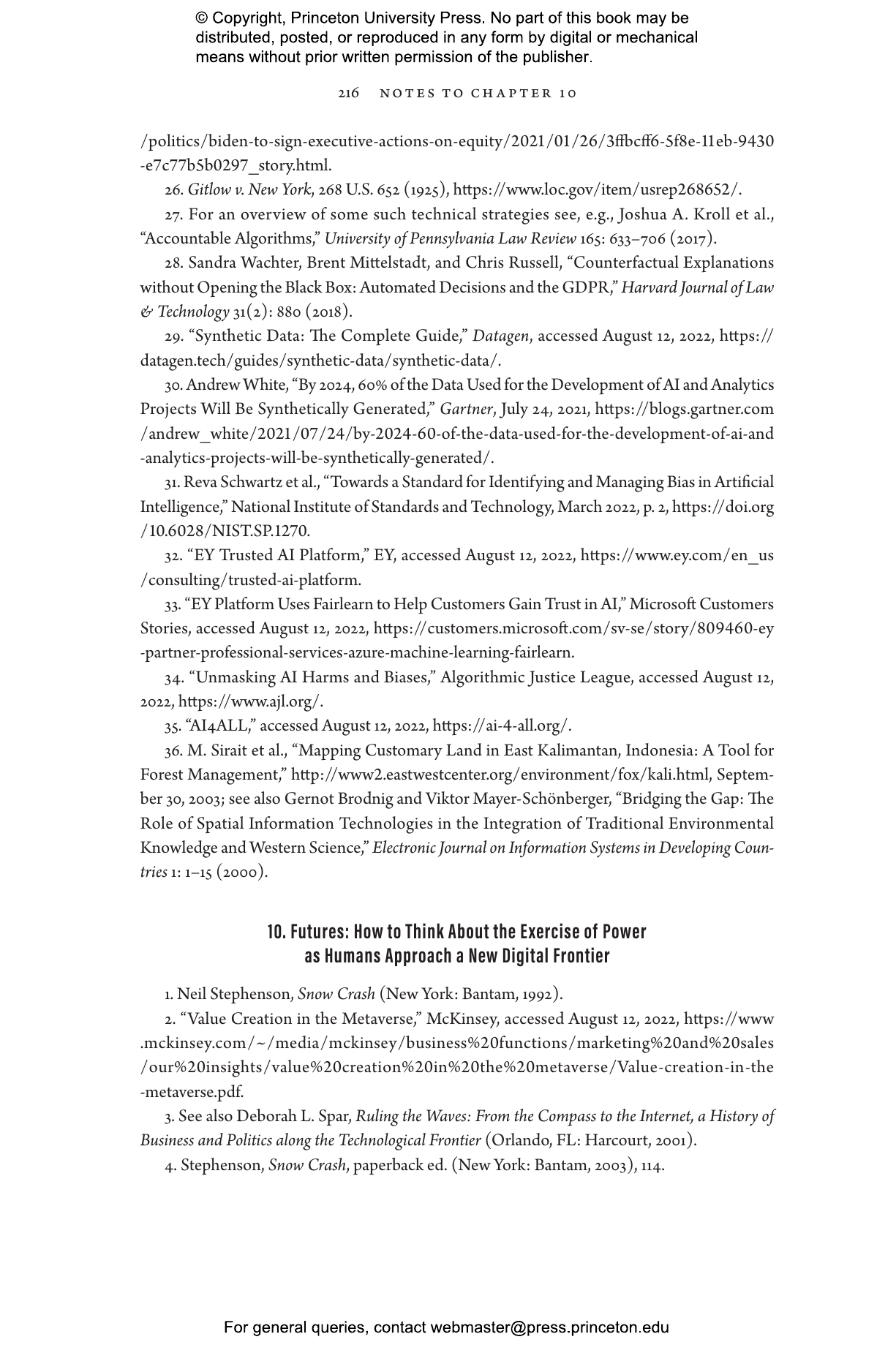When we make decisions, our thinking is informed by societal norms, “guardrails” that guide our decisions, like the laws and rules that govern us. But what are good guardrails in today’s world of overwhelming information flows and increasingly powerful technologies, such as artificial intelligence? Based on the latest insights from the cognitive sciences, economics, and public policy, Guardrails offers a novel approach to shaping decisions by embracing human agency in its social context.
In this visionary book, Urs Gasser and Viktor Mayer-Schönberger show how the quick embrace of technological solutions can lead to results we don’t always want, and they explain how society itself can provide guardrails more suited to the digital age, ones that empower individual choice while accounting for the social good, encourage flexibility in the face of changing circumstances, and ultimately help us to make better decisions as we tackle the most daunting problems of our times, such as global injustice and climate change.
Whether we change jobs, buy a house, or quit smoking, thousands of decisions large and small shape our daily lives. Decisions drive our economies, seal the fate of democracies, create war or peace, and affect the well-being of our planet. Guardrails challenges the notion that technology should step in where our own decision making fails, laying out a surprisingly human-centered set of principles that can create new spaces for better decisions and a more equitable and prosperous society.
Urs Gasser is professor of public policy, governance, and innovative technology and dean of the School of Social Sciences and Technology at the Technical University of Munich. His books include (with John Palfrey) Born Digital: How Children Grow Up in a Digital Age. Viktor Mayer-Schönberger is professor of internet governance and regulation at the University of Oxford. His books include Delete: The Virtue of Forgetting in the Digital Age (Princeton).
"An impressively detailed and useful book that is also short, fascinating, and readable. . . . I have never before encountered so much clarity about the full context of governance and how all its components relate to AI."—Joanna Bryson, Science
"Guardrails is meticulously researched, insightful and cleanly argued."—Jeffrey Mazo, Survival: Global Politics and Strategy
“Balancing individual freedoms and the common good is ever more critical in the velocity of today’s technologically mediated world. Gasser and Mayer-Schönberger brilliantly illustrate that it is the ballast of societal guardrails, in their variety and agility—and not brittle technology—that can protect what we hold most dear: our rights, liberties, and values. This indispensable book is an essential primer for our uncertain present and for achieving a just, democratic future.”—Alondra Nelson, Harold F. Linder Professor, Institute for Advanced Study
“Where and how society ought to shape our individual decisions is a crucial issue for good governance as well as social justice and human well-being. Clear-eyed and gripping, this book offers a much-needed strategy to guide humanity’s future.”—Darren Walker, president of the Ford Foundation
“Wise and fluent, erudite yet practical, this remarkable book provides us with a greatly heightened appreciation of the social context in which decisions are and ought to be made in the digital age. As we move into the second quarter of the twenty-first century, an era of uncertainty and fragility, Guardrails should move to the top of the pile on all bedside tables.”—Richard Susskind, author of Tomorrow’s Lawyers: An Introduction to Your Future
“A delightfully wide-ranging and eminently readable exploration of how laws, norms, technology, and our own thinking guide our behavior, and how we should think about it.”—Mark Lemley, Stanford University
“Guardrails is a timely contribution to both the theory and practice of governance at a critical moment in history as a diverse international community is discussing various guidelines and standards for the responsible development and use of artificial intelligence to the benefit of all people and our planet.”—Doreen Bogdan-Martin, secretary-general of the International Telecommunication Union
